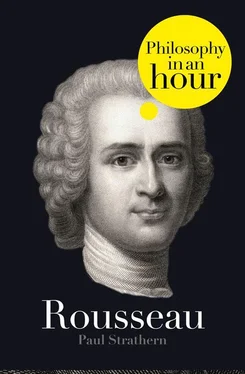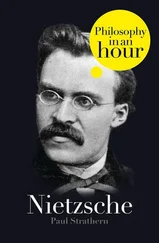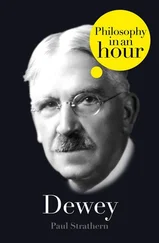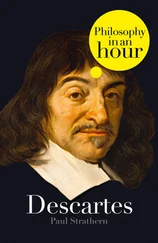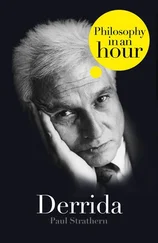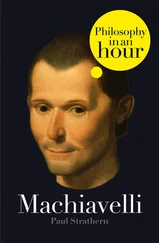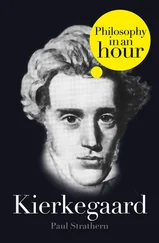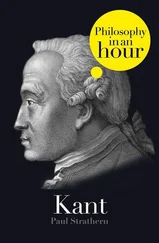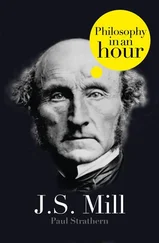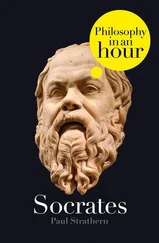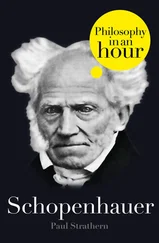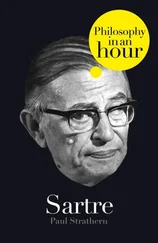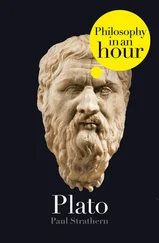In 1750 Diderot fell afoul of the authorities and was thrown into the dungeons at Vincennes for “irreligious writing.” Rousseau claimed that he immediately wrote to the king’s mistress, Madame de Pompadour, begging her to have Diderot released or let himself be put in prison beside him. A typical histrionic gesture – or boast (no such letter has been found in the archives). What is certain is that Rousseau would walk the six miles out to Vincennes three or four days a week to visit his friend. It was the height of summer, and the excessive heat forced him to walk slowly through the woods. To pass the time he would read the newspaper, and one day he read that the Academy of Dijon was offering a prize. This was for the best essay on the question: “Has the progress of the arts and sciences done more to corrupt or to purify morals?” According to Rousseau, “The moment I read these words, I beheld another universe and became another man.” His ensuing reaction, or at least his description of this reaction, is typically over the top: “All at once I felt my mind dazzled by a thousand lights, a crowd of splendid ideas presented themselves to me with such force and in such confusion that I was thrown into a state of indescribable bewilderment. I felt my head seized by a dizziness that resembled intoxication. A violent palpitation constricted me and made my chest heave. Unable to breathe and walk at the same time, I sank down under one of the trees in the avenue and passed the next half hour in such a state of agitation that when I got up I found that the front of my jacket was wet with tears, although I had no memory of shedding any….” Et cetera, et cetera, for lines to come.
Many see this rapture on the road to Vincennes as marking the birth of romanticism. Indeed, it contains in embryo many of the excesses that were to become a central feature of romantic expression. Historically the time was ripe for such indulgent behaviour. The Renaissance had seen the initial freeing of the European mind from the stifling constraints and superstitions of medievalism. This liberation had been further advanced by the Enlightenment, with its emphasis on rationalism. But such progress had been achieved at a cost. The Enlightenment marked a largely intellectual advance, and its emphasis on reason tended to suppress the emotions. Civilised behaviour was seen as the exercise of restraint – a classic nobility which expressed itself only in “elevated sentiments.” This repression of an essential part of human nature would come to an end with the eruption of the romantic movement. Rousseau would in many ways be the man who instigated this movement. His would be the first major attempt to articulate its wants and feelings. His bravery would be to attempt a defense of humanity against the reason that was stifling it. How could he reasonably justify the irrationality that drives us all? How could he show that an essential element of our humanity in fact exists beneath the veneer of civilised reason? With the benefit of modern psychology, it is possible to recognise here an early awareness of the unconscious – and the initial attempt to integrate this destabilising force into the human personality.
Rousseau would later recall his vision on the road to Vincennes, claiming that what “blazed in my mind for a quarter of an hour under that tree” would shed its light through all his ensuing works. So what exactly did he understand in this moment of truth? Basically, he saw that the answer to the question set by the Academy of Dijon was negative. Progress in the arts and sciences had resulted only in the corruption of humanity.
Rousseau was now thirty-eight years old. The fame and glory he longed for had eluded him. He remained essentially a nobody. This was so different from how he felt within himself, from all that he felt burning in his heart. The essay competition set by the Academy of Dijon was perhaps his last chance, and he decided to enter. What he produced was A Discourse on the Sciences and the Arts , into which he poured all his frustrations and disappointments with the way society had treated him. His fundamental thesis was that the history of humanity had been nothing less than a history of calamitous decline. Humanity was essentially good by nature, but it had been corrupted by civilisation and culture. This was not due to any inherent seed of corruption, but simply because humanity had taken a wrong turn. He compared the vital simplicity of life in ancient Sparta with the decay of cultured Athens. Ancient Rome too had lost its vitality once it had taken on the habits of civilisation. Culture brought only decline: “the arts, letters, and sciences are spread like garlands of flowers around the iron chains by which men are weighed down.” Rousseau’s first Discourse raised a storm of protest in the intellectual circles of Paris – as confined and incestuous then as they are today. He was accused of believing in a golden age which had never existed – except in pastoral poetry and legend. Did he seriously believe that the universities and the theatres should be closed down, that all books should be burned, that culture should be abolished? Were civilised Frenchmen expected to become like peasants? Rousseau also succeeded in the difficult task of uniting both the reactionaries and the progressives – against him. Like Rousseau, a number of conservative Catholic commentators believed that the entire notion of progress was erroneous – the destruction of the medieval world by the Renaissance and the Enlightenment had been a colossal mistake. Yet at the same time they bitterly contested Rousseau’s claim that humanity was fundamentally good. On the contrary, Christian teaching showed that humanity was irreparably flawed by original sin. Likewise, Rousseau’s attacks on progress and civilisation directly contradicted the enlightened beliefs and ideas of his friends Les Philosophes .
Diderot had soon been released from prison. Despite Rousseau’s reactionary ideas in the Discourse , he continued to support his friend, commissioning more articles on music for L’Encyclopédie . Rousseau was by now being received in the Paris literary salons. Yet despite his desire for fame, he was no hypocrite. He felt distinctly ill at ease among the fashionable social throng. What he had written in the Discourse came from the depths of his being. He was genuinely against society and its corrupting ways – yet here he was being welcomed in its very midst. Overwhelmed, he did his best to conform. Then it was announced that his Discourse had won the prize offered by the Academy of Dijon. He was soon being befriended by a number of intellectual aristocratic ladies; and his ideas began to attract a wider attention among the public at large. His Discourse had struck a chord in the stagnant French society of the day, and many began to see in it a call to liberty. In high society this was seen more in personal terms, but others began to detect in it political implications. Rousseau too appeared to have found liberty. The gauche unknown scribbler on the brink of middle age was transformed into a celebrity – the “scourge of civilisation.”
Rousseau revelled in his newfound fame. He was now accepted on his own terms and no longer attempted to ape the public manners of the time. Indeed, he was even expected to be “temperamental.” From now on he would reject civilised behaviour and simply be himself. As Rousseau later confessed, this course was adopted for more than idealistic reasons. He was temperamentally incapable of being well mannered, and in fact didn’t properly understand what this involved. Mme. de Warens might have attempted to teach him the words, but he had no idea of the music.
Конец ознакомительного фрагмента.
Читать дальше
